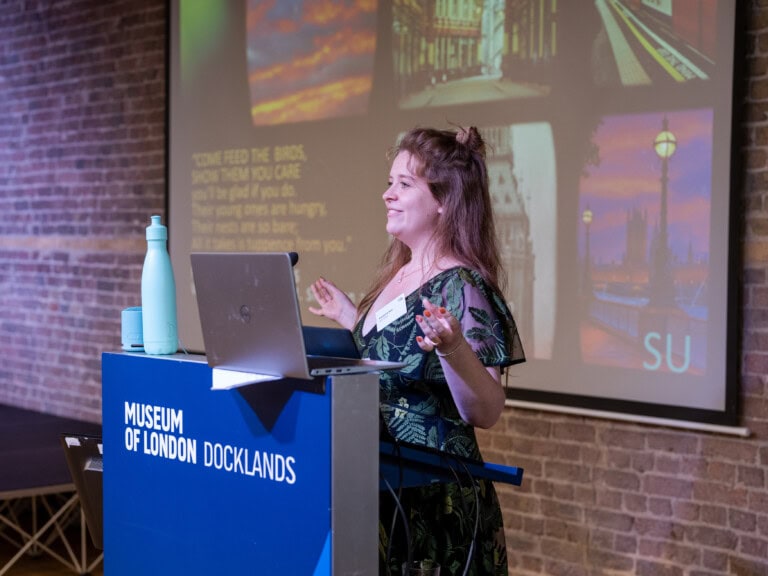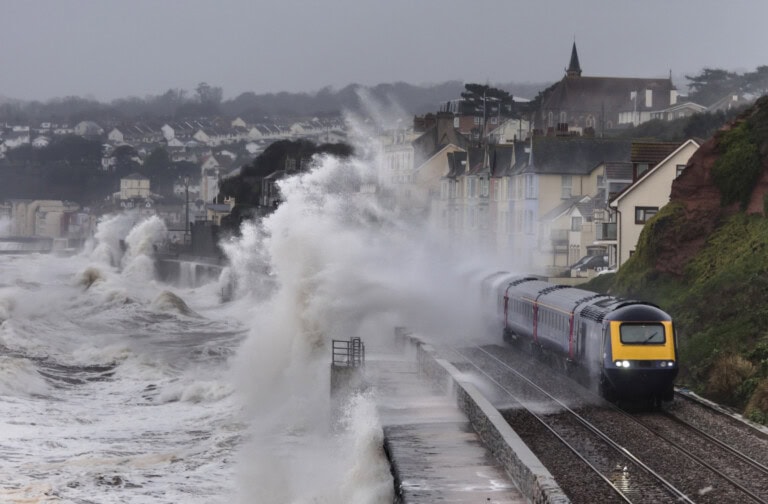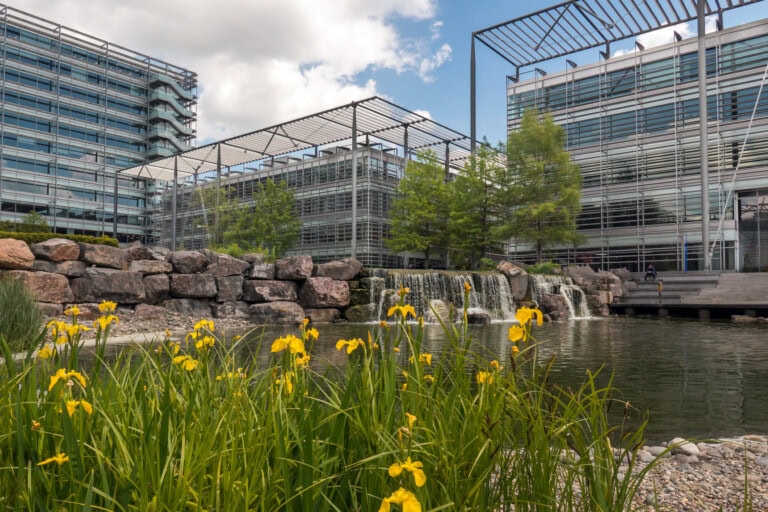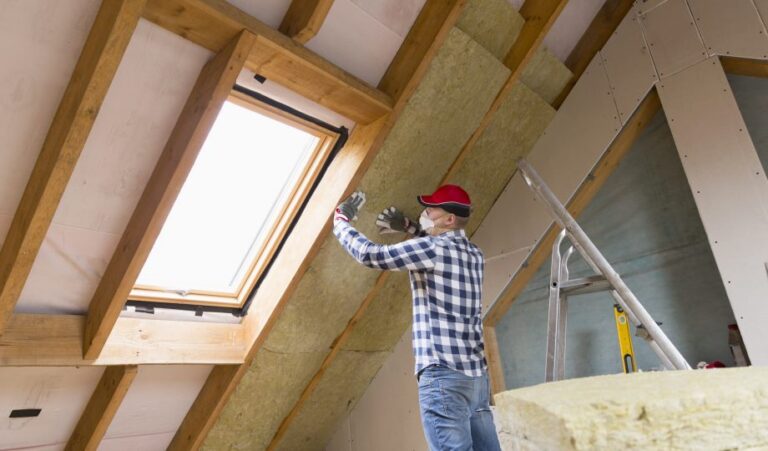Reflections on Leadership and Sustainability in the Built Environment

Many of us in the building industry are acutely aware that sustainability challenges of the built environment can’t be solved by more efficiently delivering the same traditional answers. The built environment accounts for approximately 25% of the UK’s carbon emissions and consumes more resources than any other UK industry. An impact of this scale can’t be addressed by incremental efficiencies; it needs transformative change to quash quickly, to avoid increasingly concerning societal impacts.
The UK Green Building Council is directly working to address this in transformative ways, including the development of future leaders who will revolutionise the industry.
I was very lucky to be Arup’s beneficiary of the UKGBC’s Future Leaders programme in 2024. In the months since the 2024 cohort last met, I’ve had the opportunity to reflect on the solid foundations of sustainability leadership that were built in the programme, while being increasingly engaged in various leading industry initiatives with Arup. I feel incredibly privileged to share a few of my (personal) thoughts now, for those considering the programme in future.
In much the same vein as one of the programme events, I will start by sharing a (stark) perspective of the built environment industry; but I will immediately offer a more hopeful perspective for our industry, through leadership. I will also share a concise summary of my own leadership journey, and how the Future Leaders programme has reinforced it.

A Stark Reality
The sea of professions with a hand in the funding, building, upkeep, and operation of the built environment is diverse and enormous; it has significant power and momentum, and can create and maintain amazing buildings and spaces for society. If you’re like me and you’re reading this, you’re likely part of this sea.
But as a whole, the way our sea rolls and crashes is massively impactful to our planet. Collectively, those in the sea are also averse to risk, and innovation. These aversions make it incredibly challenging to shift direction at the pace our planet needs.
From Individual Efforts to Collective Leadership
Nonetheless, we must carry on, and I believe we can change the course. Granted, as individuals, we will never turn the tide – a bleak, honest truth that I’m sure was said during the course of the Future Leaders programme, given the openness and respect that emerged within my amazing cohort. However, individuals can be more than the sum of their parts. Through increased self-awareness, respect, and compassion for others; through building relationships, trust, and empowering others; by fostering inclusivity and diverse perspectives; and by encouraging continuous learning and adaptation – individuals can grow much larger spheres of influence. Indeed, learning to recognise and believe in this is a key outcome of the Future Leaders programme.
For my more visual and nature-inclined friends, I put to you what I might also imagine now: With enough leaders in a project, an organisation, a geography, we can change our impact from that of the rolling, crashing sea. We might become more akin to a school of fish, moving swiftly and changing direction as a unit, influenced by decisions and senses of its individual members.
*Image generated by Gemini, a large language model developed by Google.

Cultivating Leadership Potential through the Future Leaders Programme
In my transition from the traditional engineering role to a broader sustainability focus, I aimed to apply my technical expertise to the pressing challenges of carbon reduction and circular economy. To quickly adapt to this new sphere, I think I was subconsciously emulating the leadership qualities I admired in influential figures driving holistic sustainable development.
The UKGBC Future Leaders programme was a valuable opportunity to reflect on what I was observing and trying to emulate. The programme gave me space, time, and an extraordinarily cross-industry peer group, and helped me consolidate what I was learning about myself and my peers.
Nearly a year since the Future Leaders programme started, I am more confident in my own capacity as a leader, and humbled by the brilliance of my peers in many other parts of the built environment. I am more confident in the influence I could have, and the change I could drive. I also more readily recognise and appreciate skilled leadership strategies – individuals and organisations who have taken relatively small decisions or actions which have had an outsized impact, like those simply asking for carbon to be studied, or challenging us to demonstrate that circular economics are being explored in our building projects.
Conclusion
I don’t expect every reader will share my perspectives or recognise my journey. I hope you will read the inspiring experiences and perspectives shared in my peers’ blogs too I only hope the views I’ve shared today provoke thought, and perhaps inspires someone on the next steps of their own leadership journey.
Related
Finding my voice: Reflections on the Future Leaders Programme

Storms, climate change and how we make our cities resilient

Sustainable Construction for the Sustainable Development Goals

Fixing the Competency Gap: Moving Beyond Qualifications in Domestic Retrofit

